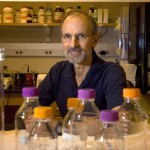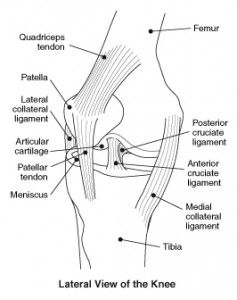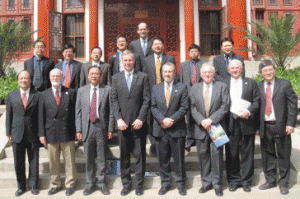Consider this: Alzheimer’s is a uniquely human disorder. But why? Why don’t nonhuman primates, such as monkeys, get Alzheimer’s disease. Monkeys form the senile plaques that are identical to the plaques found in humans. So do other animals.
“Yet, despite the fact that nonhuman primates make this protein that we know is very important in the pathogenesis of Alzheimer’s disease, they don’t develop the full disease,†says Lary Walker, PhD. Walker is an associate professor at Yerkes National Primate Research Center.
“They don’t develop the tangles we associate with Alzheimer’s disease, the neuronal loss, the shrinkage of the brain, and they don’t get demented in the sense that humans do,†says Walker.
When our bodies make a protein, the protein tends to fold into a functional form. But when it comes to Alzheimer’s disease, some proteins misfold, becoming sticky and then combining with one another. In their collective form, the proteins can then form plaques or tangles, the two types of lesions associated with Alzheimer’s disease.
And for some unknown reason, people who have plaques usually go on to form tangles. But people who have tangles don’t always go on to form plaques. No one is sure why. But that’s what researcher Walker wants to find out.
To listen to Walker’s own words about Alzheimer’s disease, access Emory’s new Sound Science podcast.











